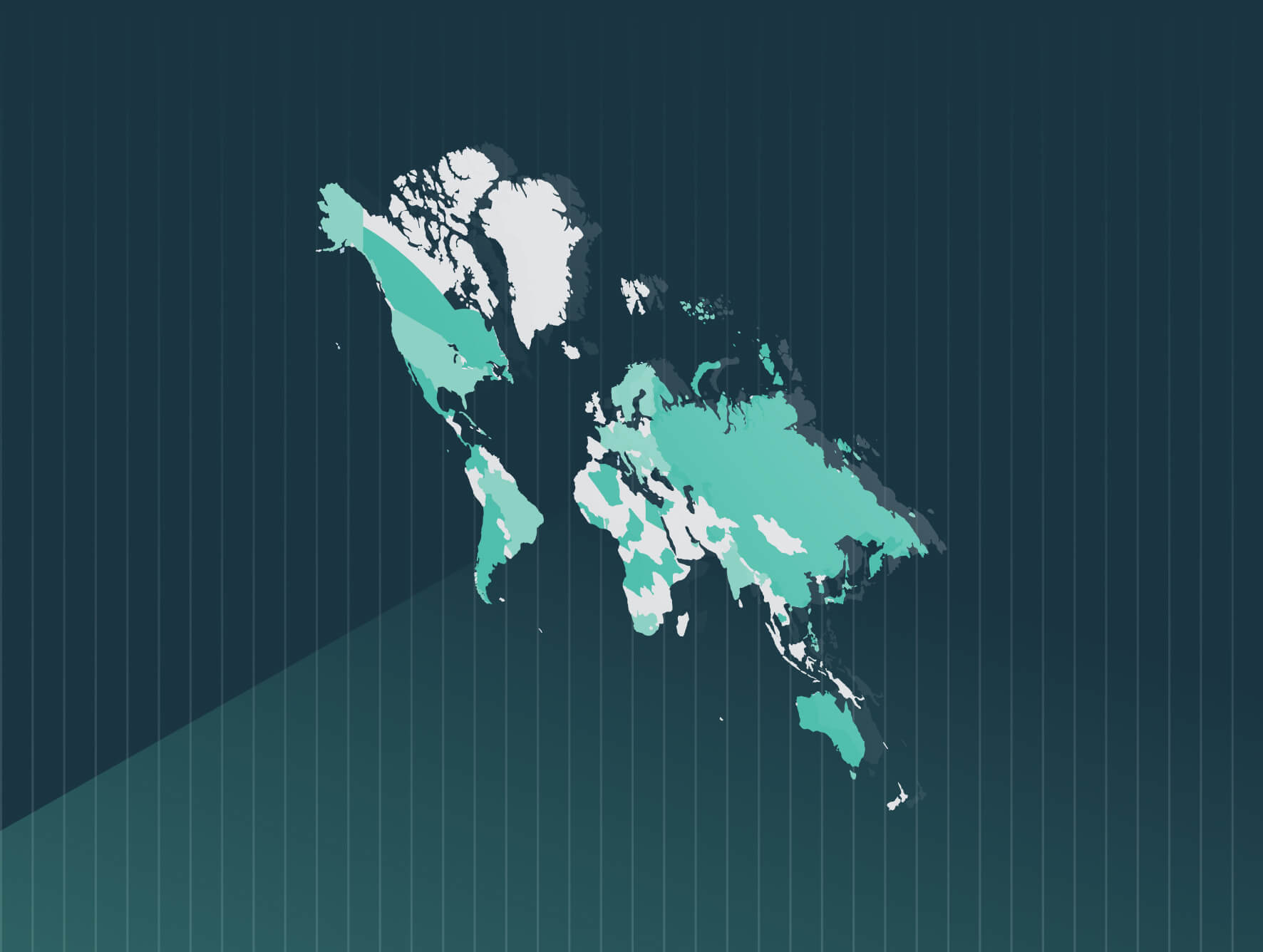Biden Administration Proposes Pay Equity Requirements for Federal Employers
The Biden administration is looking to continue its push for pay equity at the federal level. The Office of Personnel Management announced a new regulation for Federal agencies that will prohibit the use of salary history in setting… Read More
Is AI In Salary Management the Solution To Pay Equity?
The combination of machine learning (ML) and AI in salary management could help HR to determine the “perfect salary” for employees. Pay equity legislation and the risk of equal pay claims is forcing employers to review the way in which compensation decisions are made. They also want salary… Read More
Independence Day 2023: Fulfilling the Promise of Liberty and Equality For All
July 4th, or Independence Day, marks the historic date in 1776 when the Second Continental Congress adopted the Declaration of Independence, and the colonies became independent from Great Britain. The nation’s… Read More
Pay Equity is the Key to Achieving the “S” in ESG
Corporate Social Responsibility (CSR) and Environmental, Social and Governance (ESG) reporting have become vital considerations for employers. But rather than seeing the requirements as an additional reporting burden or a distraction, a focus on the “S” in ESG can have a positive impact on financial performance and brand… Read More
States Promote Pay Transparency with Salary Range Disclosures
Over the last two years, pay transparency laws have gained traction in the U.S. with no signs of slowing down. In fact, Inc. has called 2022 “the year of pay transparency.” What is pay transparency? Essentially, it’s the practice… Read More
Ireland Pay Gap Reporting Regulations Released
Last year, Irish lawmakers passed the Gender Pay Gap Information Act 2021. The Act aims to close the pay gap between men and women by requiring employers to publish information about gender wage gaps within their organizations. Read More
Key Findings From California Pay Data Reporting Collection
In an ongoing effort to combat employment discrimination and promote pay transparency, the state of California passed SB 973 in 2020. This law requires California private companies with 100 or more employees to annually report pay and hours-worked information… Read More
Achieve Pay Equity On a Global Scale
Pay equity laws are surfacing all over the world. It’s happening so fast that it’s honestly difficult to keep track of, that is, until now. Trusaic created the Pay Equity Definitive Guide to help employers around the world manage emerging pay equity… Read More
Designing a Successful Pay Equity Program Pt. I
The events over the last several years propelled public momentum in addressing systemic injustice and social inequity, especially in the workplace. This has cast a bright spotlight on organizations’ diversity, equity, and inclusion (DEI) efforts – specifically around gender and racial pay gaps. These issues are… Read More






